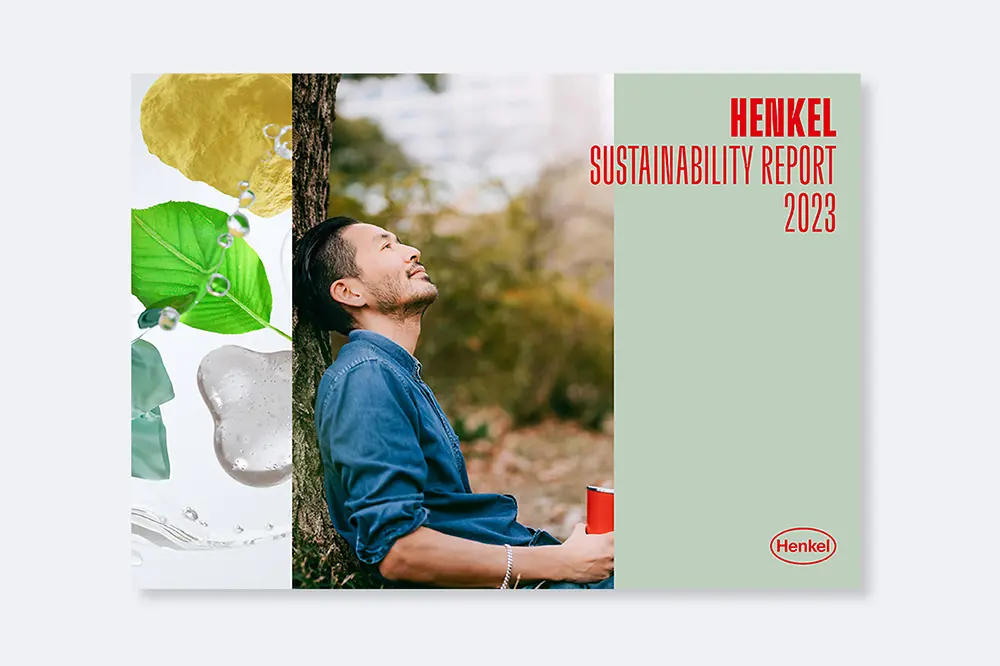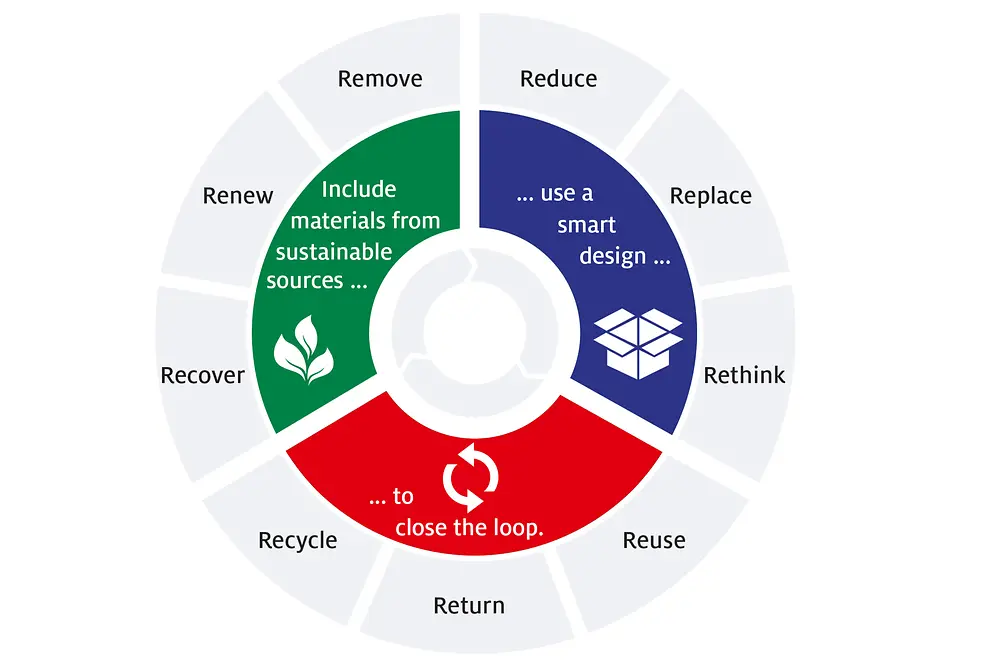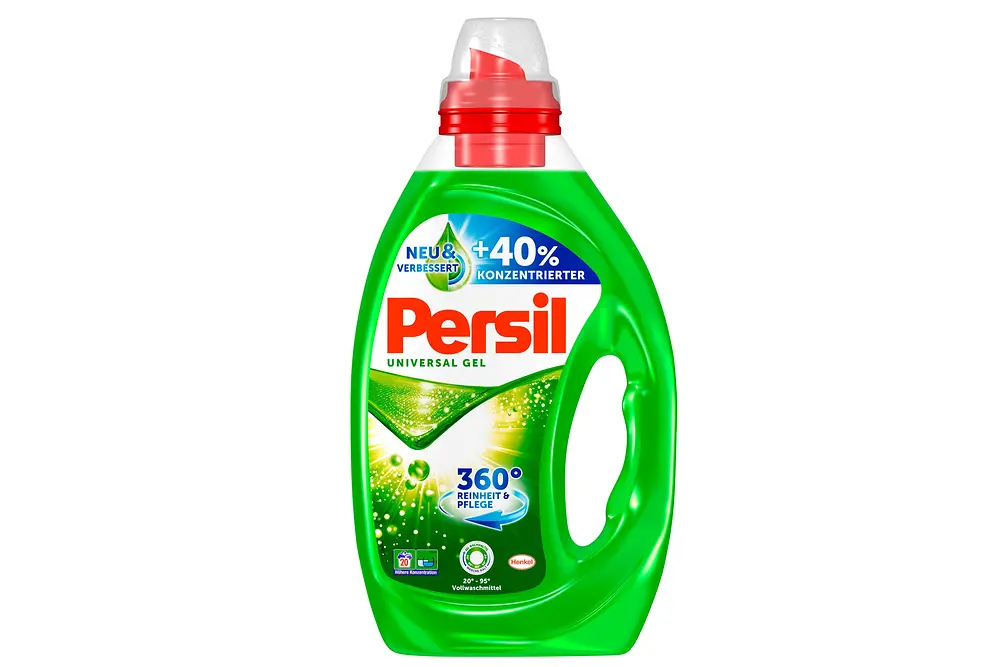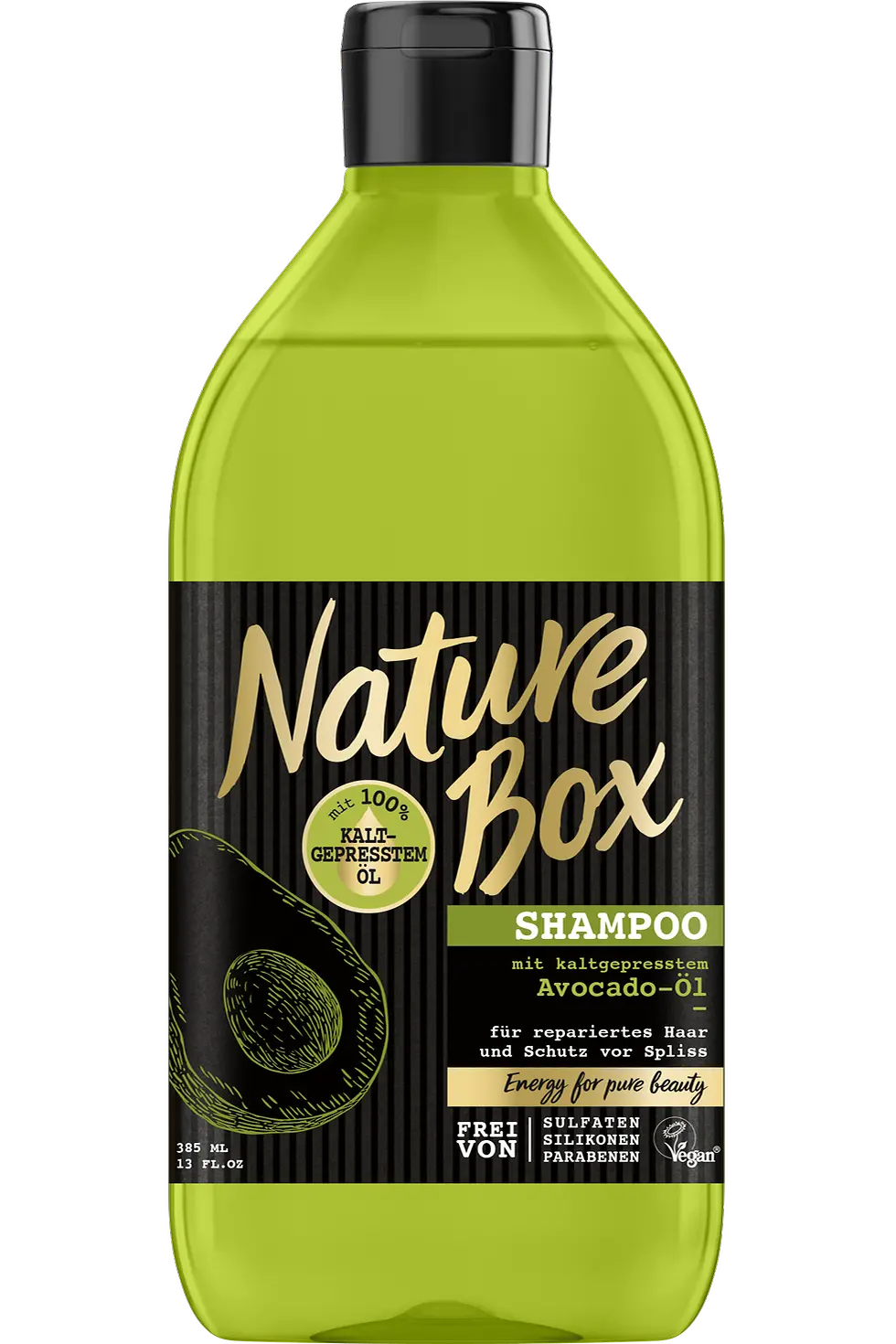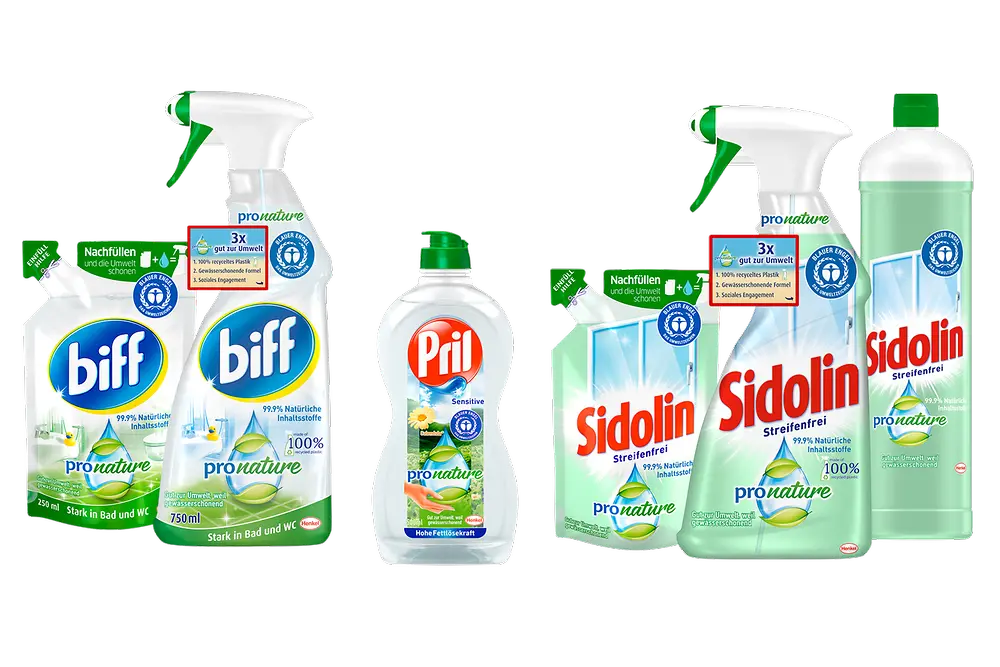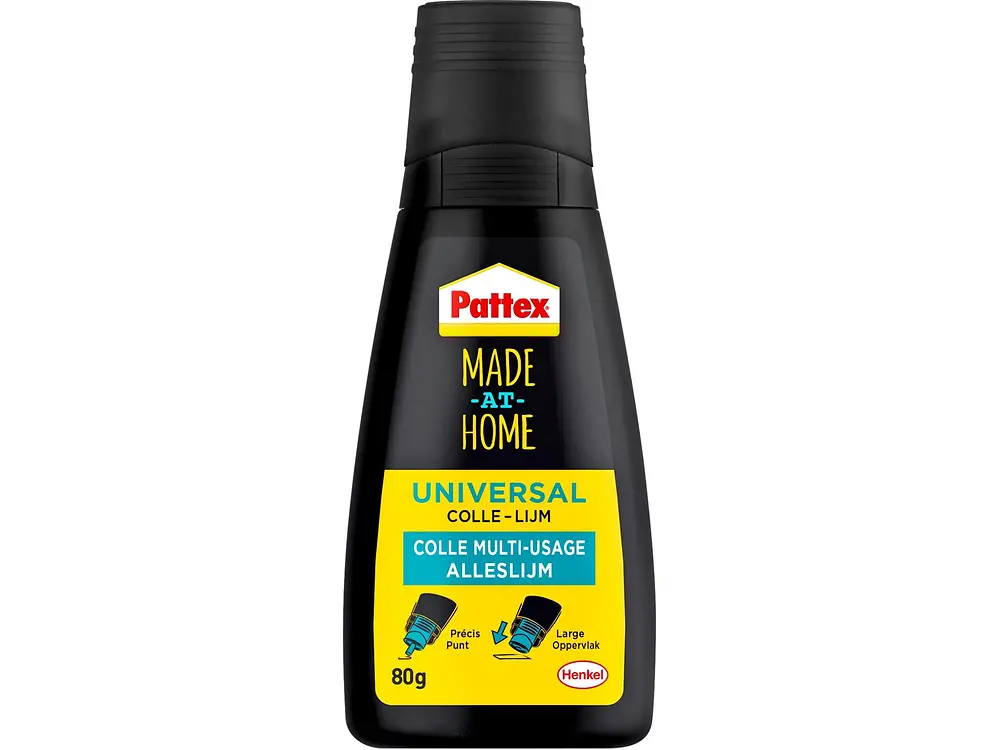了解更多来自汉高粘合剂技术和汉高消费品牌业务部旗下的技术与品牌。
2018年9月3日 Düsseldorf / Germany
Henkel announces ambitious targets for sustainable packaging
Building on its existing efforts and progress in sustainable packaging, Henkel is stepping up its commitment to further promote a circular economy: The company has set itself additional targets embedded in an expanded strategic framework. By 2025, 100 percent of Henkel’s packaging will be recyclable, reusable or compostable*. Within the same timeframe, Henkel aims to use 35 percent recycled plastic for its consumer goods products in Europe.
Henkel has been focusing on sustainability in packaging for several decades: All of the company’s packaging is designed to meet consumers’ expectations while using the least possible amount of material – and the most sustainable materials. Reflecting the three key phases of a circular value chain, Henkel’s new strategic framework represents a holistic approach. It underlines the company’s ambition as a leader in sustainability to drive progress toward a sustainable future together with its partners from across industries.
“It is more important than ever for companies, consumers, governments and other organizations to drive progress toward a circular economy. Only by reusing and recycling as much material as possible will we be able to live well within the resource limits of our planet. This concept is at the heart of our approach to sustainable packaging,” says Kathrin Menges, Executive Vice President Human Resources at Henkel and Chair of Henkel’s Sustainability Council. “Together with our partners along the entire value chain, we want to include materials from sustainable sources into smart designs to close the loop – for the benefit of people and the planet.”
Expanded strategic framework for sustainable packaging
Henkel’s new framework for sustainable packaging reflects the three key phases of a circular value chain. Each of these phases is translated into specific actions:
- Materials from sustainable sources: Henkel is committed to including an increasing share of sustainable materials into its product packaging – this relates both to its use of recycled materials, especially recycled plastic, and renewable materials such as paper and cardboard.
- Smart packaging design: As recycled or renewable packaging materials often come with different properties, e.g. related to stability or appearance, smart designs are the prerequisite to further replace virgin material in Henkel’s product packaging – this is why the company will put an even stronger focus on design principles that enable a circular economy right from the start. Smart design is also about rethinking packaging concepts as such: Henkel will explore innovative solutions along the entire value chain, e.g. in the field of transport packaging and related logistics. In addition, Henkel is continuing its efforts to reduce the amount of packaging material it uses and ensure it only uses packaging that is absolutely essential.
- Closing the loop: Henkel is committed to making sure its product packaging can be recycled after the product has been consumed, e.g. by entering into partnerships to promote appropriate systems for recycling. The company will further explore solutions like refill systems which allow consumers to reuse packaging. Henkel is also actively searching for materials that enable packaging to be returned into nature – such as biodegradable materials that meet international composting standards.
Partnerships to promote sustainability in packaging
Progress toward sustainable packaging will only be possible if organizations from across industries and along the value chain work together. That’s why Henkel is collaborating with a variety of partners to drive innovation in packaging development and promote improved recycling infrastructure. For example, the company is participating in the New Plastics Economy – an initiative led by the Ellen MacArthur Foundation that brings stakeholders together to rethink and redesign the future of plastics and build momentum toward a circular economy. Henkel is also partnering with the Plastic Bank, a social enterprise aiming to stop ocean plastic and provide opportunities for people in poverty by giving them a chance to earn money or services by removing plastic waste from their local environment. The plastic collected is made available for recycling.
Further information on Henkel’s approach and targets for sustainable packaging can be found at www.henkel.com/sustainability/positions/packaging.
* excluding adhesive products where residue may affect recyclability

